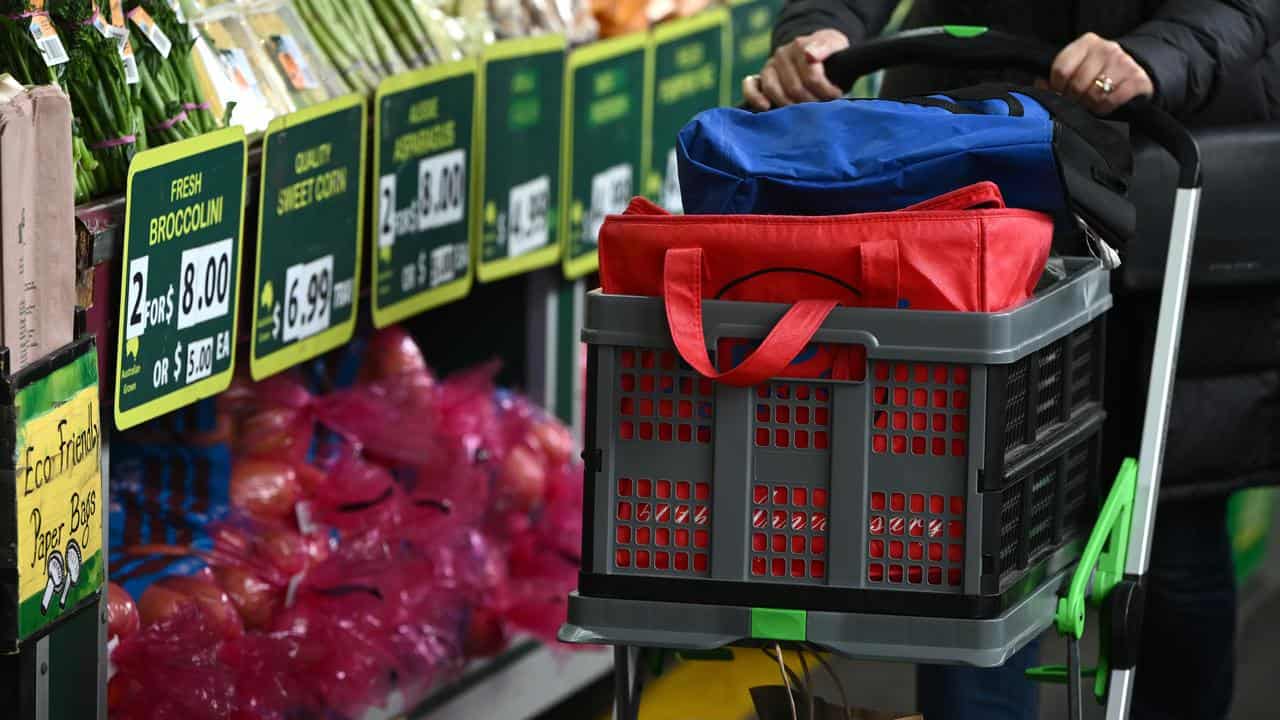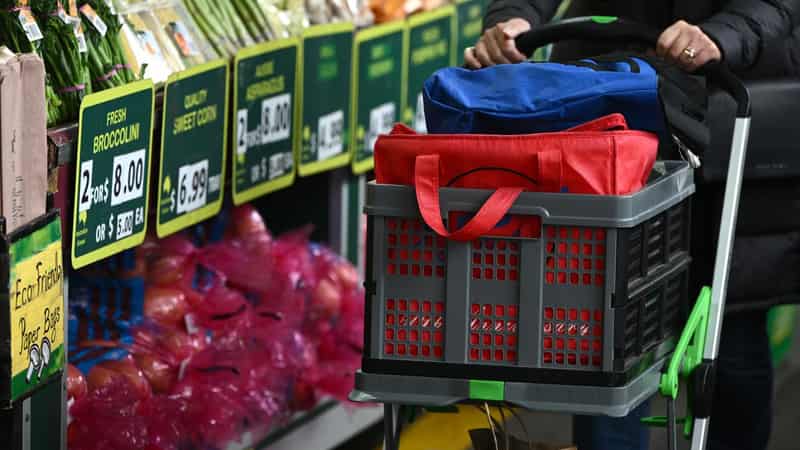
Consumers are buying less in response to the cost of living crunch and higher interest rates as highlighted by the third straight quarter of declining retail volumes.
For the first time since the global financial crisis, the Australian Bureau of Statistics recorded its third quarter in a row of declining volumes.
ABS head of retail statistics Ben Dorber said the slowdown in spending confirmed retailer reports consumers were tightening their belts.
“The widespread fall in sales volumes reflects what retailers have been telling us about consumers focusing on essentials, buying less or switching to cheaper brands,” Mr Dorber said.
Retail trade volumes fell 0.5 per cent in the three months to June, in line with consensus forecasts and down from a 0.8 per cent quarterly decline in March.
In the three months to December 2022, it fell 0.4 per cent.
The bureau also reported a rare annual fall in volumes sold, sinking 1.4 per cent.
The pandemic and 1991 are the only other times the indicator has fallen on an annual basis.
St George economist Jarek Kowcza said household consumption was clearly under pressure, with the picture even bleaker when accounting for the booming population since the borders reopened.
"Going forward, household budgets are likely to remain stretched as the lagged impact of monetary policy works its way through the system."
Retail prices grew 0.9 per cent in the June quarter, higher than the 0.7 per cent rise in the March quarter.
Retail trade in volume terms fell across almost every category, with the exception of clothing, footwear and personal accessories.
Sales and discounting helped to lure in customers and lift volumes by 1.1 per cent.
While spending slowed, volumes were still elevated by historical trends.
NAB economist Tapas Strickland said the pullback in retail volumes could, in part, be explained by the jump in goods spending during the pandemic when consumers had little else to sink their money into.
"We see some of this shift in activity reflecting pull forward of demand - in household goods in particular - some switching back to services, and some likely greater caution on behalf of consumers."
The ABS also released fresh trade data, with the $11.3 billion trade surplus coming in above expectations.









